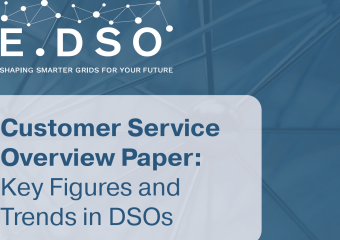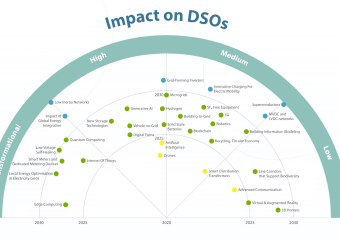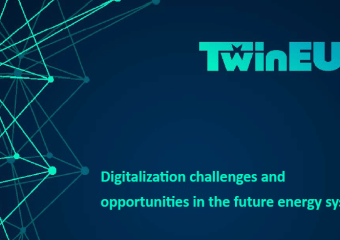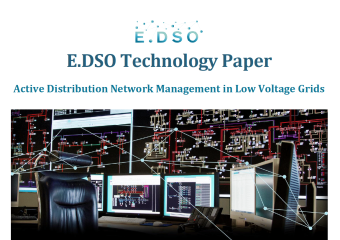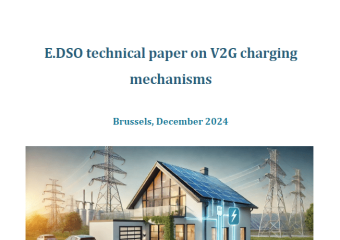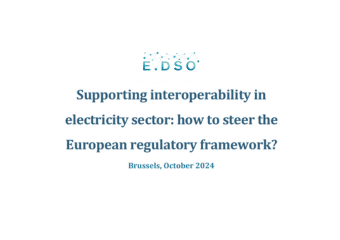Operational Security (OS) network code – EDSO response to ENTSO-E consultation
Building upon the work started on the previous draft network codes, EDSO for Smart Grids, in cooperation with other associations, released on November 2nd a joint response to the ENTSO-E public consultation on the Operational Security (OS) network code.
The paper presents general considerations on the place of the DSO, the scope of the code, and focuses on the following items:
- Coherence among codes & need for clear definitions and requirements
The code includes many cross-references to provisions expected to be defined in other codes. The principle that every code must focus on its specific issue is not followed. Clear definitions and requirements are of utmost importance to avoid problems and misinterpretations when the codes are finally implemented at national level.
- Clear roles and responsibilities for TSOs and DSOs
Most new generation, in particular renewable, is or will be connected to distribution networks. Similarly, most of the demand side flexibility will be developed within distribution networks. Taking this evolution into account, the system operation codes must clarify the roles of TSOs and DSOs in system operation.
- Applicability to ‘Significantt DSO’ & Cost-benefit analysis
The proposed requirements for information exchange between TSO and DSO are/will be necessary for the secure interaction of distribution systems with a high penetration of distributed energy resources. However, due to the diversity of distribution systems and differences in penetration of intermittent distributed generation, a one-size-fits-all approach cannot be applied.
- Cost-recovery
Any new requirements and tasks set in this network code, for both new and existing facilities, require additional costs, manpower and equipment. Such a cost will arise in particular from requirements on testing and data exchange. Network operators and users should be able to recover their efficient costs.

